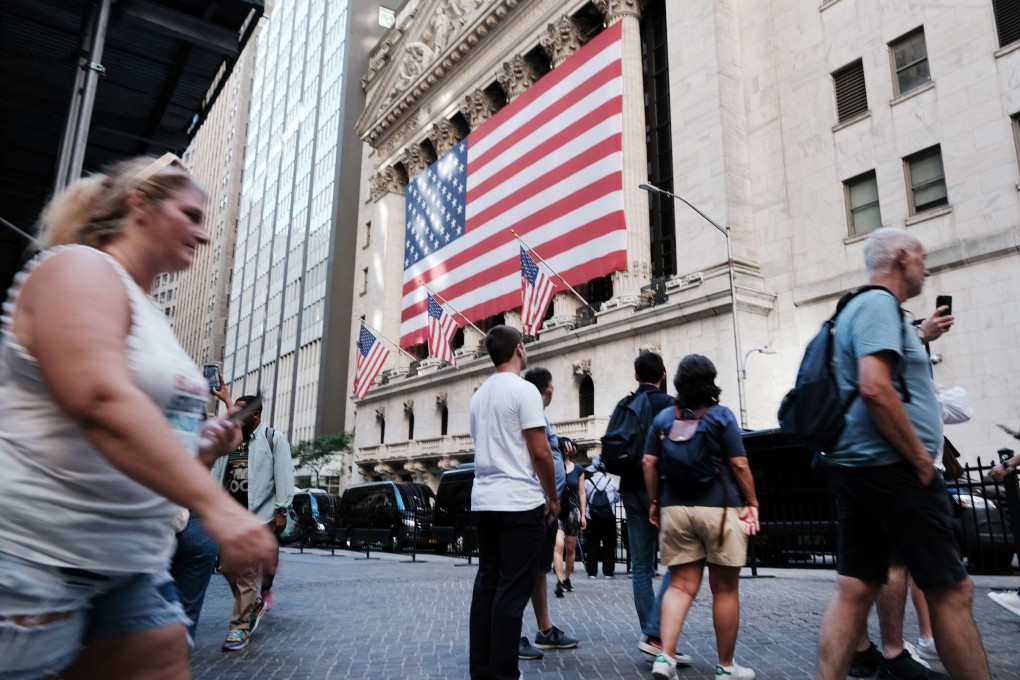Advertisement
Macroscope | Policy tightening and recession risks mean summer stock rally is at an end
- The outlook for the global economy remains uncertain despite signs of US inflation easing and resilient growth in developed markets
- Central banks in major economies are expected to continue tightening monetary policy, dampening expectations for a rebound
Reading Time:3 minutes
Why you can trust SCMP
0

The impressive summer equity market rally seems to have fizzled out after sharp corrections in recent weeks. After bottoming out in mid-June, the MSCI World Index – which tracks developed-market equities – was up over 14 per cent before it gave up more than half its gains in the past three weeks.
The strong summer performance was mainly driven by a swing in the balance of risks for developed economies. For many, growth appeared more resilient, suggesting less chance of recession.
Retail sales remained healthy across major developed economies in July, and the US jobs report defied expectations of a slowing rate of employment gains. Meanwhile, inflation also appeared to be slightly less of a concern.
July’s US consumer price index figures, which were lower than expected for the first time in recent months, seemed to increase the chances that the Federal Reserve would orchestrate a soft economic landing, with inflation returning to closer to its 2 per cent target while avoiding a major growth slowdown.
Taking a closer look, it seems that the summer rally was driven almost entirely by higher valuations. Easing market concerns about growth and inflation helped push valuations higher, which more than compensated for declining expectations on company earnings.
Equity market valuations have fallen in recent weeks and a significant rally appears unlikely, given expectations of weaker global growth and continued monetary policy tightening by major central banks to contain inflation.
Advertisement
